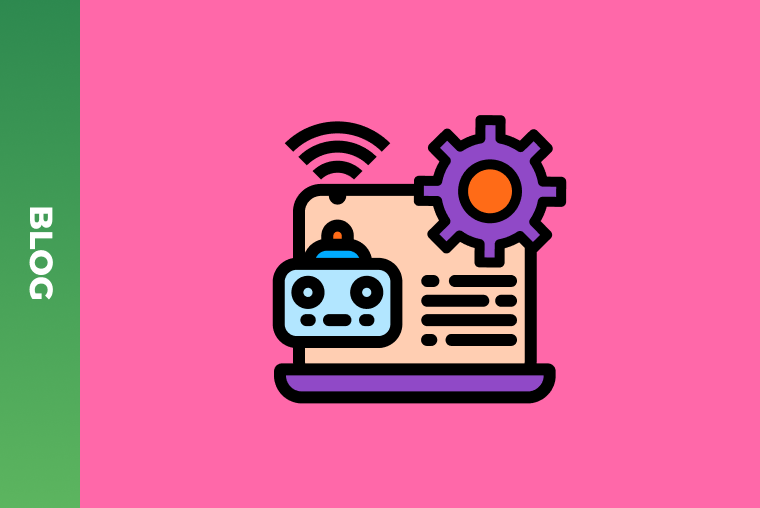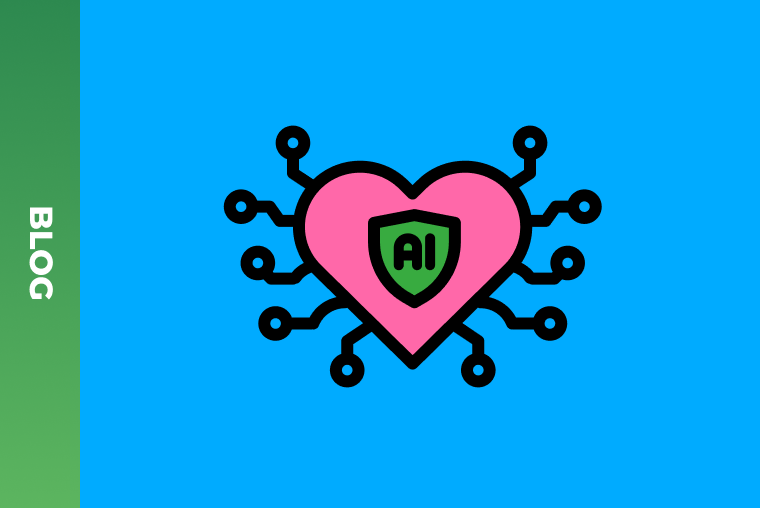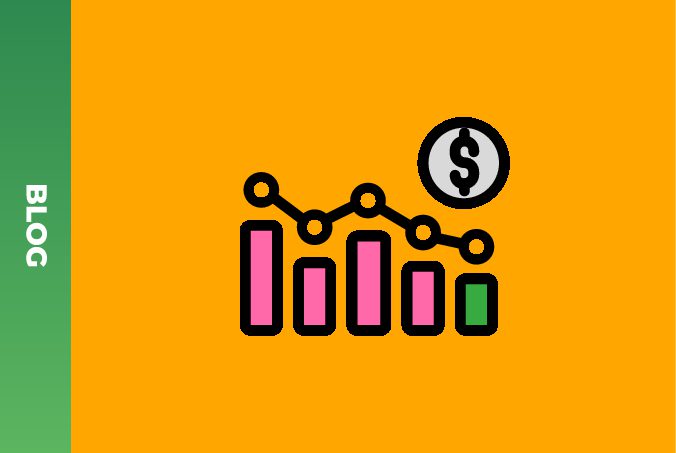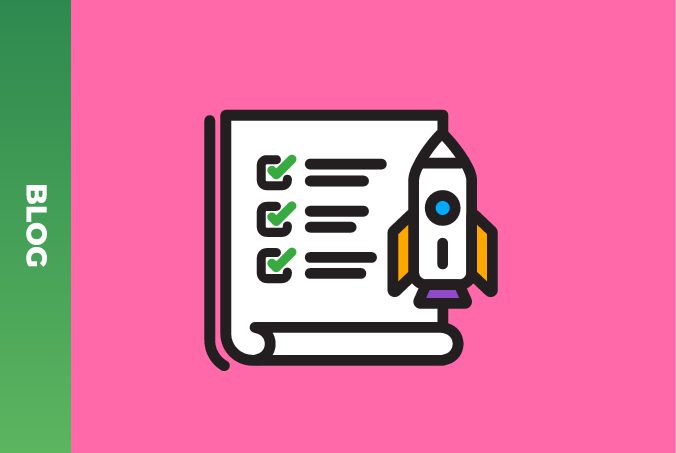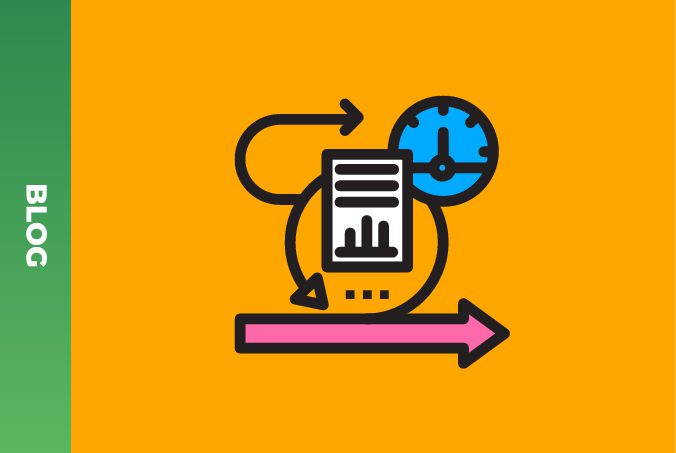Can Chat GPT Replace Data Engineers?
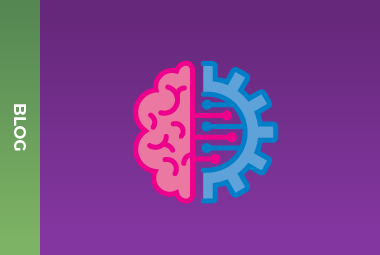
Have you been considering how ChatGPT’s AI-driven capabilities might be able to give data engineers a run for their money? As business executives have come to realize, natural language understanding (NLU) has the potential to revolutionize how businesses operate and take them to new heights. As this powerful technology continues to gain popularity, with almost 1 million users in a week, you may be considering how it can augment your data engineering team. Although automated systems can reduce the demand for human experts, one thing is certain — machines cannot match the expertise of experienced professionals when managing and interpreting big data.
Data engineers remain an integral part of many business landscapes where complex datasets exist. Despite advances in artificial intelligence, human experts are still needed to interpret insights from large datasets and develop strategies for using them effectively.
In this post, we’ll look at the benefits and drawbacks of relying on ChatGPT to manage data engineering tasks. We’ll also explore how businesses can use ChatGPT as an effective tool, while still maintaining their reliance on human experts. By the end, you’ll better understand whether ChatGPT can truly replace data engineers and how it fits into your overall strategy going forward.
What Is ChatGPT?
ChatGPT has been revolutionizing data engineering for tech businesses, providing an effective no-code platform that can drastically reduce the project complexity. But you might wonder, what is ChatGPT and how will it impact my business?
ChatGPT stands for General Pre-trained Transformer and is a form of natural language processing (NLP) that uses text corpora and pre-trained models to generate responses to explicit prompts. With its numerous parameters, this technology allows for fast text generation with minimal effort. Microsoft’s $1 billion investment in OpenAI — cofounded by Sam Altman and Elon Musk — in 2019 clearly showed their commitment to advancing AI research everywhere.
If you’re looking to increase your business’ efficiency while cutting costs, ChatGPT could be a great addition to your toolkit. It offers features such as creating and maintaining databases, connecting external sources such as CSV files, and detailed reports on metrics — all without needing the services of high-level talent or data engineers. By leveraging ChatGPT’s sophisticated capabilities, businesses can quickly create automated processes that carry out desired tasks without manual input.
From managing customer relationship management systems to analytics tools for market research, ChatGPT could replace many tedious tasks traditionally carried out by data engineers. It’s also easy to use — just set up your “bots” with your required parameters and leave them running in the background while you focus on other aspects of your business.
Common Challenges in a Data Engineer’s Job
A data engineer is so much more than code and software. In fact, they thrive on opportunities to make connections between technology, people, and ideas.
- Understanding Big Data Frameworks: As data sizes continue to grow, data engineers need to be proficient with big data platforms such as Hadoop and Spark.
- Mastering ETL Pipelines: Data Engineers must develop ETL pipelines to extract and process raw data from various sources into analytical formats, then transform and store it in a target system.
- Communicating Technical Concepts: To bridge the gap between technical experts and other stakeholders, data engineers must also explain difficult concepts in simple terms, so others can fully understand them.
Read also: Challenges for Tech Leaders in Collaboration with a Data Team
- Staying Up-To-Date on New Technologies: To stay competitive in their field and keep up with rapidly changing technology trends, data engineers must be vigilant for new solutions that could help them gain efficiencies or streamline processes.
Can ChatGPT Replace Data Engineers?
Are you managing a large team trying to figure out if GPT chat can replace data engineers? Well, the answer isn’t as straightforward as it might seem. While ChatGPT may be able to help data engineers do their job easier, faster, and with fewer resources, it cannot replace them entirely just yet.
ChatGPT is an artificial intelligence-powered chatbot that can generate natural language responses based upon conversational context. This means it can take in large amounts of data and respond intelligently to questions related to its content. Despite this impressive capability, however, ChatGPT is still limited by its lack of creativity and human expertise. Data engineering requires a deep understanding of systems and processes — something ChatGPT simply cannot replicate yet.
But that doesn’t mean there aren’t advantages for businesses looking to leverage GPT chat technology. In fact, this technology can be incredibly helpful when it comes to helping data engineers with various tasks, such as diagnosing problems quickly and accurately or providing complex answers to questions related to the data set at hand. It could also be used in conjunction with existing tools used by data engineers, such as query languages like SQL to provide more information faster than ever before.
Utilizing ChatGPT in Data Engineering
ChatGPT is a revolutionary technology that enables businesses to quickly and efficiently build complex data pipelines for AI and ML applications, as well as for self-service business intelligence. With its intuitive user interface and automated pipeline-building capabilities, it’s easy to access, analyze, and respond to data in real-time. By leveraging ChatGPT’s automation capabilities, your business can become more agile, cost-effective, and resilient.
What makes ChatGPT unique is its ability to be customized to fit any situation or requirement. By using the platform’s APIs, your company can customize its pipelines according to specific needs and technical requirements, or even target particular areas of interest. For example, if your company wants to build an AI application focused on customer sentiment analysis, you can use ChatGPT’s APIs to configure and deploy a sentiment analysis pipeline with only a few clicks.
Read also: Scalable Data Pipeline. Be Ready for Big Changes
In addition to being highly customizable and efficient, ChatGPT also provides powerful analytics capabilities that allow businesses to gain deeper insights into their data sets. With its advanced analytics feature set, you can uncover trends and correlations within data that you wouldn’t find manually. This allows you to make better decisions and also be more proactive in responding quickly when needed.
ChatGPT’s Limitations
ChatGPT has many remarkable capabilities, but it also has several limitations that prevent it from replacing data engineers altogether. Business managers considering this technology should be aware of these challenges, so they can make informed decisions about their operations.
The accuracy of ChatGPT depends heavily on the quality of its training datasets, so there’s a risk that it may produce unexpected results if used incorrectly. Additionally, since the technology depends on predetermined parameters, ChatGPT cannot learn from its mistakes or adapt to new situations, making it unsuitable for certain tasks that require flexible solutions. Contextually appropriate decisions in complex data-dependent problems also require experiential knowledge and human guidance — something machines currently lack.
Read also: In-House or Outsource, or Why It’s Not Really a Question
Finally, advanced algorithms may be needed to maximize the technology’s potential to go beyond basic parameter tuning and provide powerful insights into the data being analyzed. With the right setup and expertise, your company could significantly improve its operational efficiency by leveraging ChatGPT’s capabilities in conjunction with experienced data engineers.
In Conclusion
The future of data engineering is here, and ChatGPT is a powerful tool that can help business leaders streamline mundane, repetitive tasks. While it cannot currently replace experienced human experts, its potential to do so in the future is exciting. As algorithms improve and machine learning methods become more accurate, the possibility of automating data engineering functions is becoming increasingly likely. CEOs, COOs, directors, managers, and all business leaders should keep this technology in mind when considering how to maximize efficiency and better manage their resources in the future.
Stay up-to-date on the latest advances in data technology. Our team is on the cutting edge, and we would love to talk with you about our services and how we can help your business benefit from this ever-evolving industry.
LOOKING FOR
TOP-NOTCH DATA ENGINEERS?
We’d love to hear about your data and challenges, even if you’re not sure what your next step is. Sound Good? Let’s talk.

